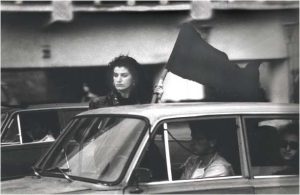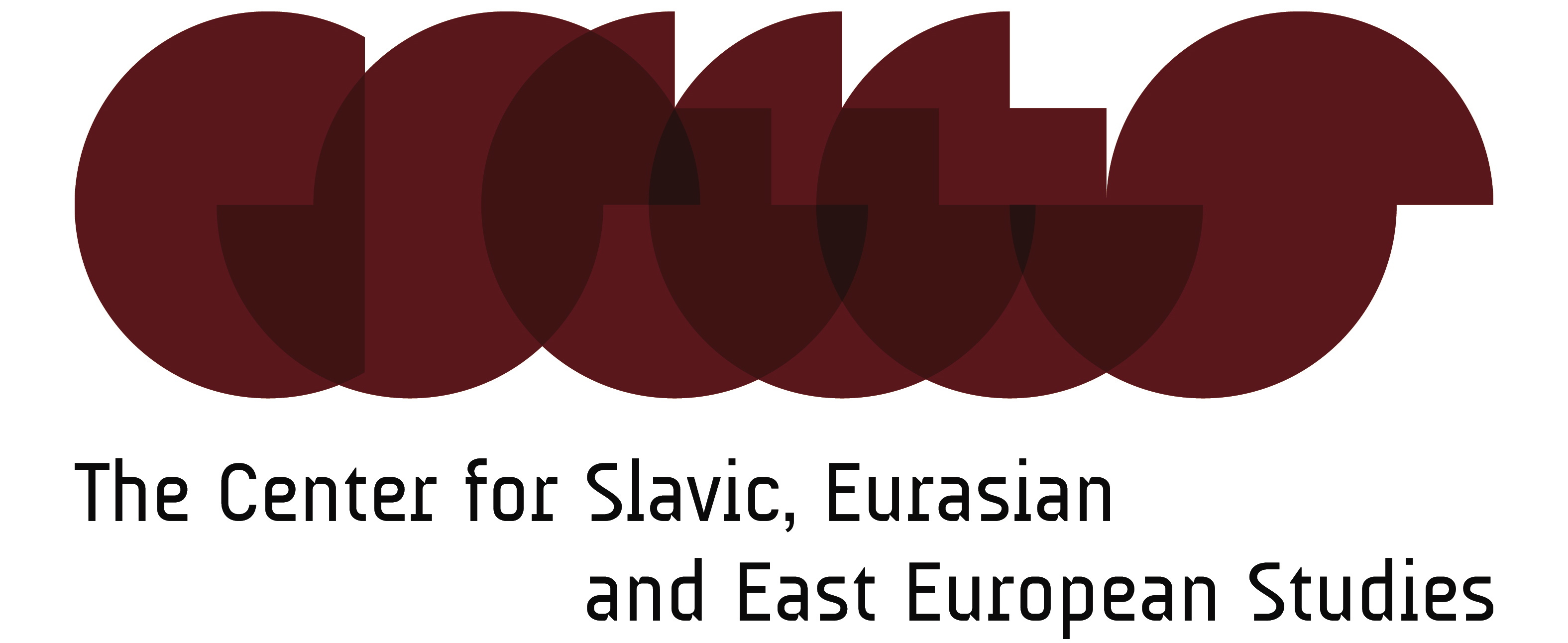Nika Mukasashvili ’24
 Q: Where did you study as an undergraduate? What was your major(s)?
Q: Where did you study as an undergraduate? What was your major(s)?
I completed my undergraduate degree at Tbilisi State University, my major was political science but I was also interested in sociology and philosophy.
Q: What do you like about UNC’s graduate program in Russian and East European Studies?
The quality of professors and seminars, the freedom to select elective courses from different faculty, and the best academic and informal atmosphere for your goals.
Q: Why did you choose to specialize in this region of the globe?
I am from Georgia, South Caucasus. Therefore, it was always the core of my interest to research the region’s regional politics, ethnic conflicts, and democratization.
Q: Do you have work and/or study experience in the region?
Yes, I have been living there for 24 years. I worked as a researcher for two years at Tbilisi State University and in several non-governmental organizations.
Q: What are your research interests?
Ethnic Conflicts, Comparative and International Politics, Global Governance.
Q: What would you like to do after you graduate?
I would like to work for a couple of years and then pursue my Ph.D. studies.
Q: What are your hobbies? What do you like doing in your free time?
I do really love reading. Besides reading, I play soccer with my friends, and we mostly watch TV shows and play card games.
Q. What is your favorite visual reminder of the region and why?
9th April of 1989, tragedy but the beginning of a free nation from Soviet influence. This day turned out to be the beginning of Georgian independence after the Soviet Union. The picture includes national symbolism as far as includes the process of the huge protest by Georgian civic society where women played a crucial role. The riot was crushed by the Soviet forces and illustrated the double standards of Gorbachev’s policy between Caucasian and Eastern European post-Soviet countries (except Lithuania 1991 January events) which had a chance to exit peacefully.

